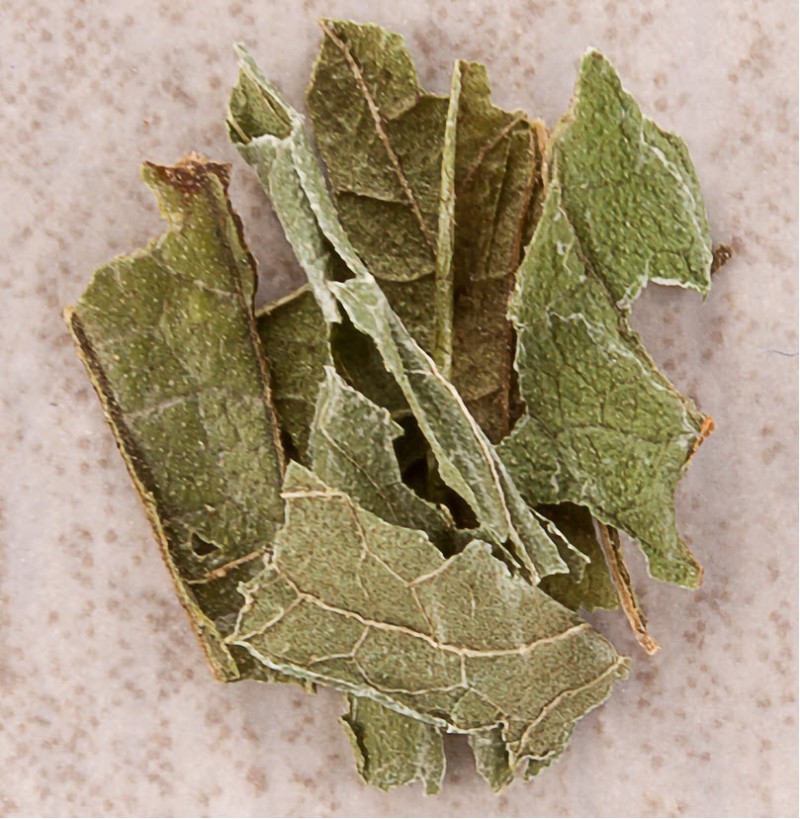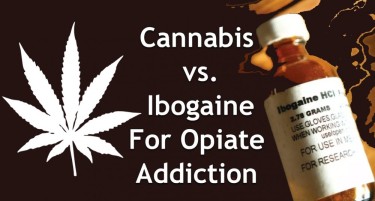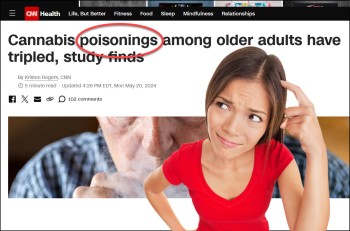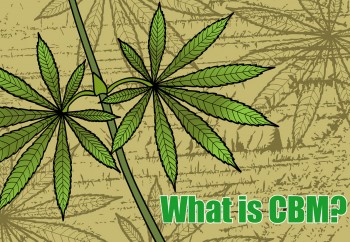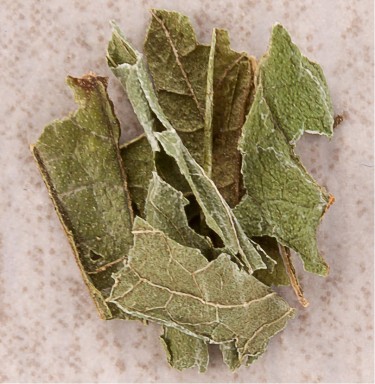
These days, the use of psychedelics and alternative medicine is rapidly growing once again.
While there has always been a subculture, the use of psychedelics hasn’t been as mainstream as they are today in many decades. Perhaps not since the 1960’s, which were famously years of social upheaval, bohemian lifestyles, and hippies. Back then, people were using LSD, mushrooms, and a range of other psychedelic drugs that are back in our consciousness today. And accepted.
Among them, magic mushrooms and LSD are pretty popular, but there’s another one that has a growing fan base: Iboga.
In this article we’re going to explore what iboga is, and see how it compares to cannabis. Most importantly, how safe is it?
History of Iboga Use
According to the Global Ibogaine Therapy Alliance, Ibogaine is a natural psychoactive compound obtained from the Tabernathe iboga bark. It’s native to the jungles of West Africa, though it was originally discovered by a Pygmy tribe who told the Bwiti tribes about it; they then used it as a means of communicating with their ancestors and spirits. The tribe also consumed ibogaine in small doses to treat physical ailments such as mental illnesses, liver disorders, stomach aches, and fever among others. It did have a potent psychoactive effect when consumed, which they thought of as a means to the other world and ancestors.
Back then, there were French explorers who were exploring Africa, and they learned about ibogaine from the Bwiti tribe. They took it back to Europe with them in the 1900s, and the French began selling it under the name of Lambarene, where they consumed it as a stimulant. In fact, it’s still used by some people as a stimulant today.
By 1962, Howard Lotsof, a heroin user, discovered that ibogaine had value as a recreational drug, though it also helped his heroin withdrawal symptoms. He then established the Global Ibogaine Therapy Alliance which is dedicated to the study of ibogaine and its therapeutic properties.
Benefits of Iboga
The Global Ibogaine Therapy Alliance states that it has several health benefits especially for treating addictions and mitigating withdrawals, fever treatment, energy improvement, detoxification, treatment of Hepatitis C, and many more. “The theoretical case is based on the fact that both ibogaine and its metabolite noribogaine have been shown to lead an increase in levels of glial cell line-derived neurotrophic factor (GDNF) in the brain. It has also been shown to have neuroprotective qualities promoting the survival of both dopaminergic and motor neurons, says the Global Ibogaine Therapy Alliance.
Additionally, iboga is used for spirituality and spiritual growth. Believers of the drug link its psychoactive effects to spiritual benefits especially for those who are struggling with drug and opiate addiction. Aside from that, it can also provide spiritual benefits by reducing the ego, letting go especially of grief and trauma. These are similar reasons to why it’s still used in spiritual ceremonies in some African cultures.
The dose at which it’s consumed will depend largely based on several factors including one’s health, age, and weight among others. To be used as medicine, dosage typically begins with 5-8mg/kg, which can be gradually increased based on the patient’s need and experience with it. In addition, it induces a dream-like state, though this aspect of ibogaine has been abused which has caused health problems.
Warnings
Because ibogaine induces psychedelic effects, it has attracted some people to it though there have been known side effects.
It could be safe to take in small doses, especially if you are under the supervision of a trained professional. However, when iboga is taken in large doses, it can be fatal because of the possibility of a heart attack, irregular heartbeats, and even death. Furthermore, it can also cause slow heart rate, low blood pressure, anxiety, paralysis, hallucinations, and difficulty breathing. Ibogaine is still illegal in many countries including the United States and Europe.
How Does Ibogaine Compare To Cannabis?
According to the Global Drug Survey, cannabis is the 2nd safest drug in the world just behind magic mushrooms. The figures are based on a survey of drug users and the hospitalization incidence related to each of them. And ibogaine isn’t even on the list.
Cannabis has been widely used by cultures from all over the globe for millenia, and its compounds are being used to treat children, nursing mothers, the elderly, and even people who are immunocompromised. Sure, cannabis may not be for everyone, and that’s why many people prefer to medicate with CBD as opposed to THC, because it doesn’t give you the psychoactive effects but also has its own extremely beneficial properties. And sure, you could get transported into another planet for half a day if you’ve eaten too many edibles, but there are no real serious effects.
Cannabis offers the same medicinal and therapeutic benefits that ibogaine has, without the extreme danger surrounding its use. You don’t need to take marijuana with a medical practitioner or professional around you to ensure that you don’t die. And besides, it’s already legal in the United States as well as other countries around the world.
If you are looking for a way to medicate for an illness, or simply want a new recreational drug to try, you can’t go wrong with cannabis over ibogaine.
